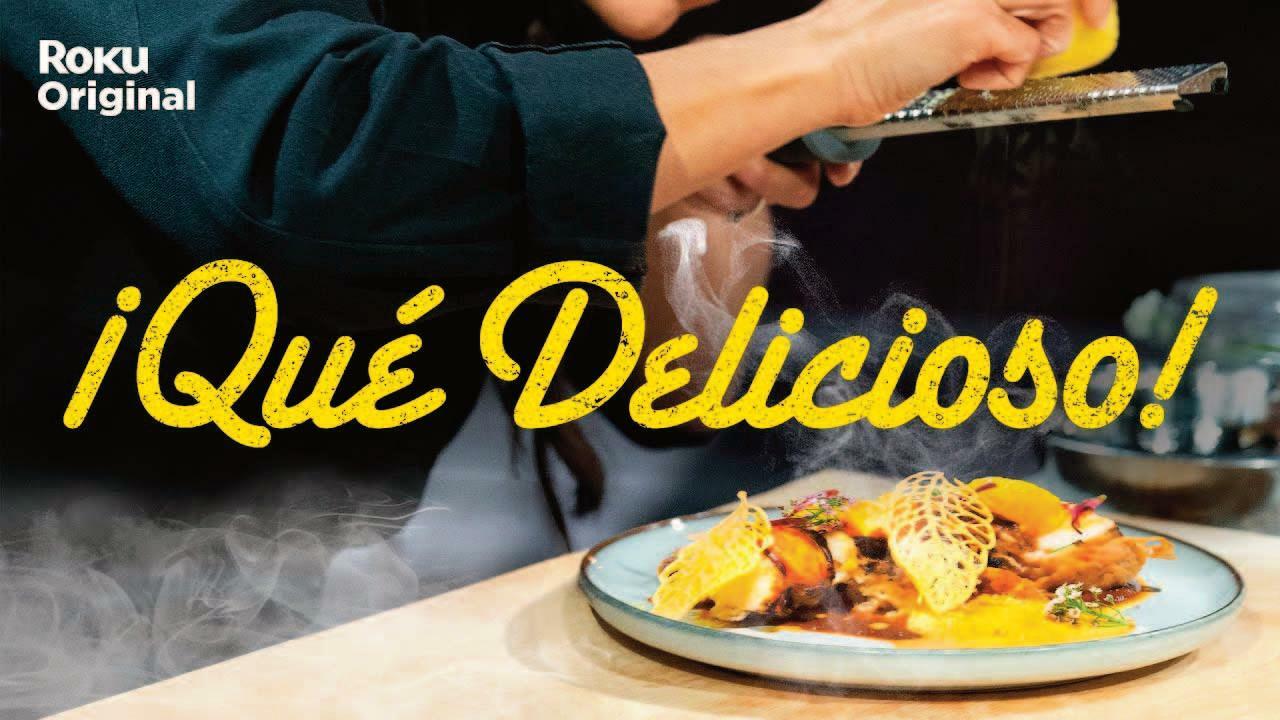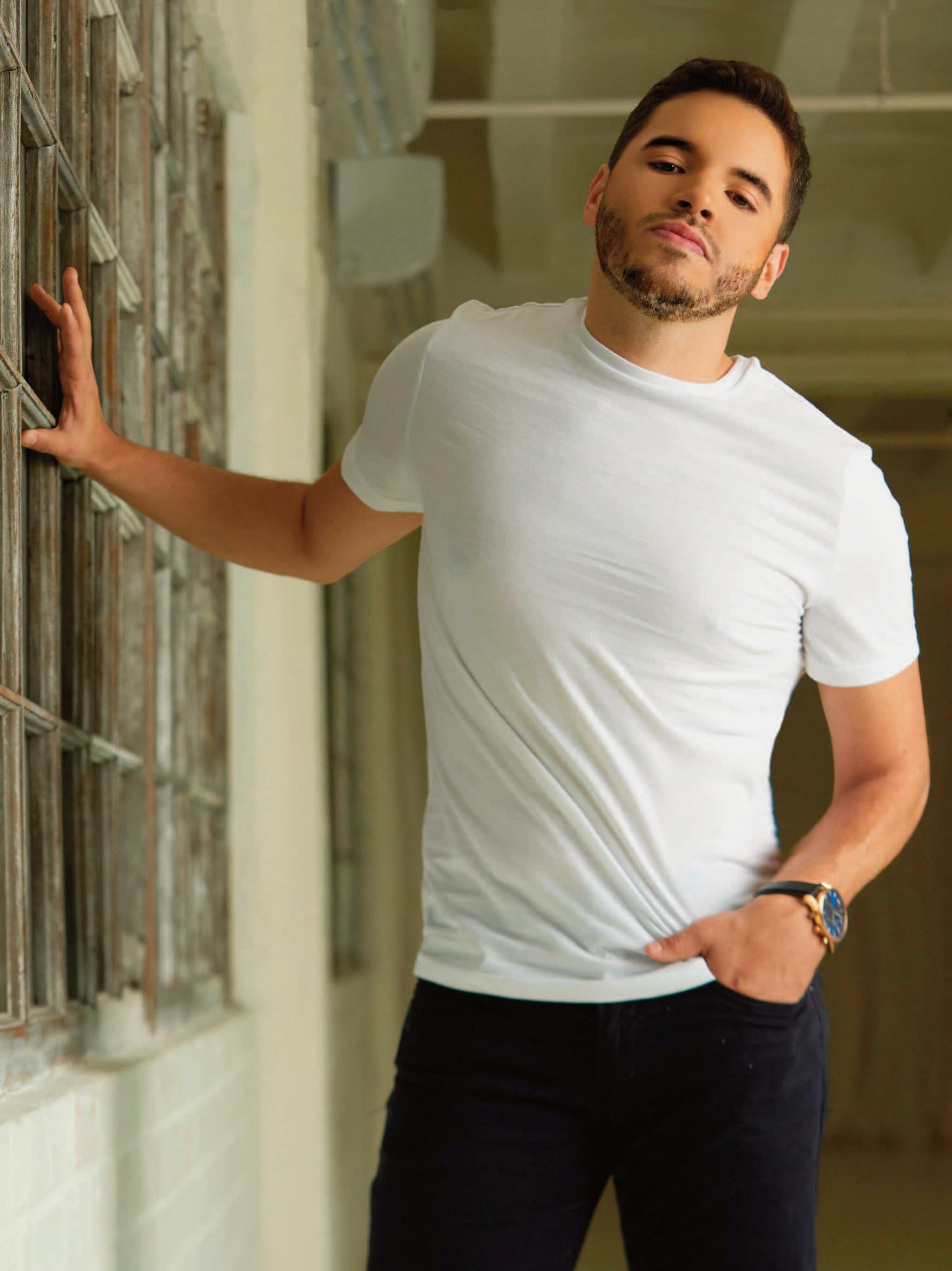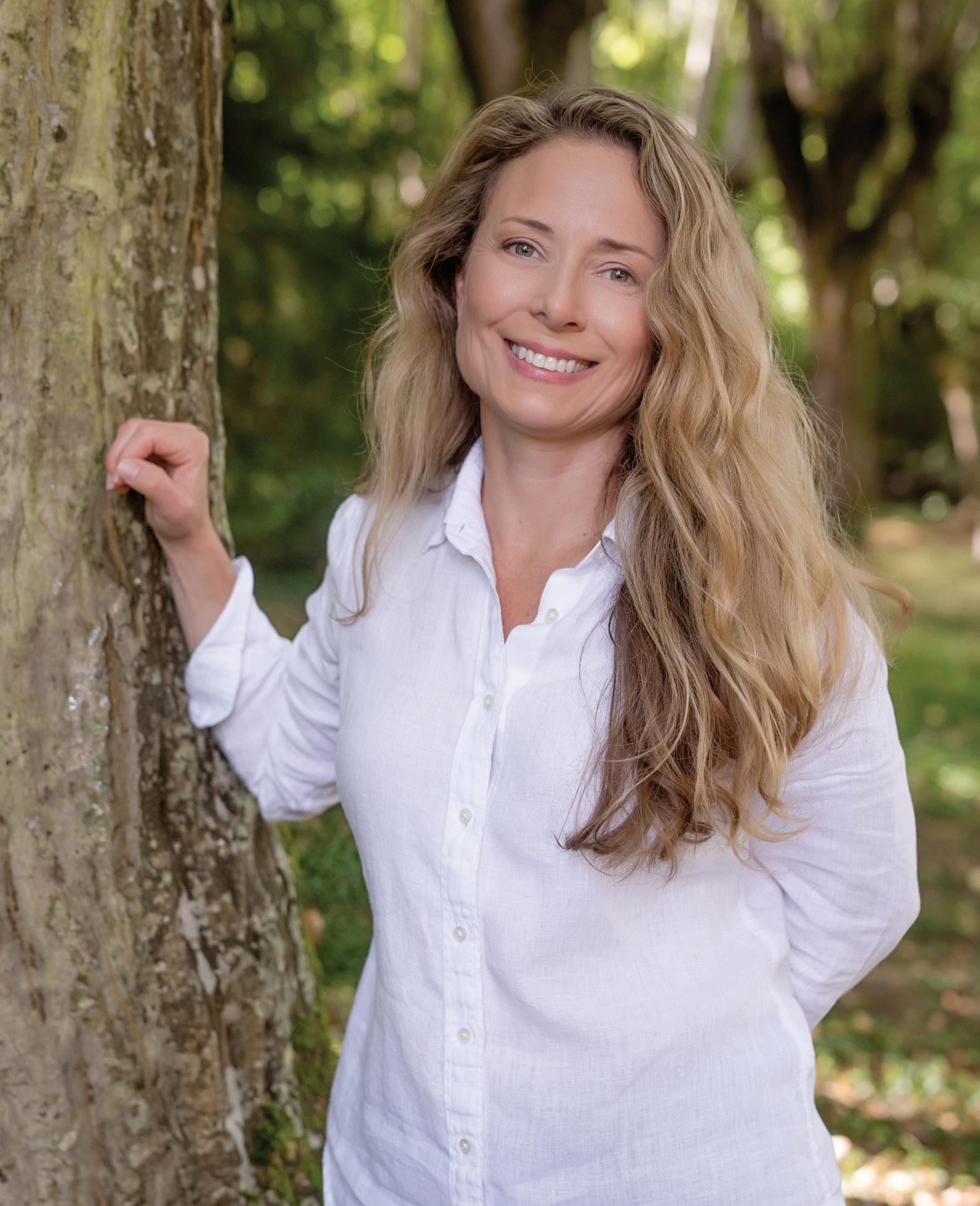
7 minute read
VALUES
Personal Values Versus Moral Values
IS RIGHT AND WRONG A PERSONAL CHOICE?
Advertisement
By Colleen Doyle Bryant
In today’s culture, some people argue that deciding what is right and wrong is a personal choice. They may argue that it’s up to each individual to define their moral compass and that it’s not the place of societies, schools, or even parents to dictate a shared moral order. Recently, personal values tests have been popping up around the internet reinforcing this idea. The tests present a list of “values” and encourage people to pick any five values that resonate with them, and then to use those personal preferences to guide life choices and moral decisions. If it’s valuable to you, then it can be a guiding value for how you live your life, or so the story goes.
While it can be helpful to clarify what we value in life, basing our moral compass on personal preferences doesn’t really work in the real world. Let’s use a simple scenario to illustrate why moral decisions can’t be based solely on the things we personally value. Imagine a movie where two characters are building their businesses. They both value wealth and professional success (which are two “values” that show up on personal values tests.) The first character in the movie builds their business honestly, respecting their employees, and treating others with fairness and integrity. The other character builds their business by destroying innocent people’s reputations, exploiting their workers and cheating their way to the top. Who is the villain in the movie? Did you think the character who acted with honesty, respect and fairness was the bad guy? Of course not, because we share a common moral order that says honesty, integrity and fairness are behaviors that we value as a society. Both characters personally valued the same qualities in life: wealth and success, but they each made decisions about how to live life and gain wealth with different moral values.
What this scenario shows us that there’s an important difference between “personal values” and moral values. In the way that personal values assessments are using the term, personal values are ways of living and experiencing life that bring you pleasure, satisfaction, or enhance the quality of your life. Some examples of personal values from these assessments are curiosity, creativity, autonomy, wealth and beauty. These are aspects of life that may motivate a person or bring them joy, but they aren’t actually values in the true sense of the word because real values are standards for behavior. Some examples of core moral values are honesty, respect, responsibility and compassion which represent ways of acting toward each other that help us to live and work together and ultimately enhance our well-being.
There’s nothing wrong with knowing what you value in life and using that to guide decisions about what you want to accomplish, what type of company you want to work for, or how you prioritize your leisure activities. In that sense, knowing your
personal values can help guide you toward fulfilling experiences. Yet no matter what your personal values are, the way you go about pursuing them should be built on a foundation of the moral values that we share as a society.
So if it’s not an individual choice, who decides which core moral values we share as a society? If we look back to where moral values came from, we would find that humans across thousands of years, all around the globe, developed very similar core moral codes. Despite differences in how people worship and their customs and cultures, four core values sit at the foundation of civilized life: truth, respect, responsibility and compassion. These values encompass more specific moral traits like being trustworthy and honest, treating others as we’d like to be treated, fairness, justice, goodwill, benevolence and forgiveness, to name a few. These core moral values are the basis for our laws, ethical practices, and they help each of us decide, throughout the course or our day, what the right and reasonable thing to do is, all with the overarching theme that acting morally helps our own well-being and the well-being of others.
Today, personal values are helping people pursue life in a way they find more fulfilling; but that self-focused approach only works when our personal values are built on top of the essential moral values that make social life possible. Each of us can be true to ourselves, yet we still need to live with other people too. That’s where moral values help us manage the way our actions impact other people.
Colleen Doyle Bryant is the author of five books and more than 50 learning resources about character and values. Her latest book, Rooted in Decency, looks at the decline in common decency in society and ways that we can build more trust and cooperation. Colleen’s Talking with Trees series for elementary students and Truth Be Told Quotes series for teens are used in curriculums around the world with more than 100,000 of her good values resources downloaded each year. Colleen has a bachelor’s degree in sociology from Duke University.
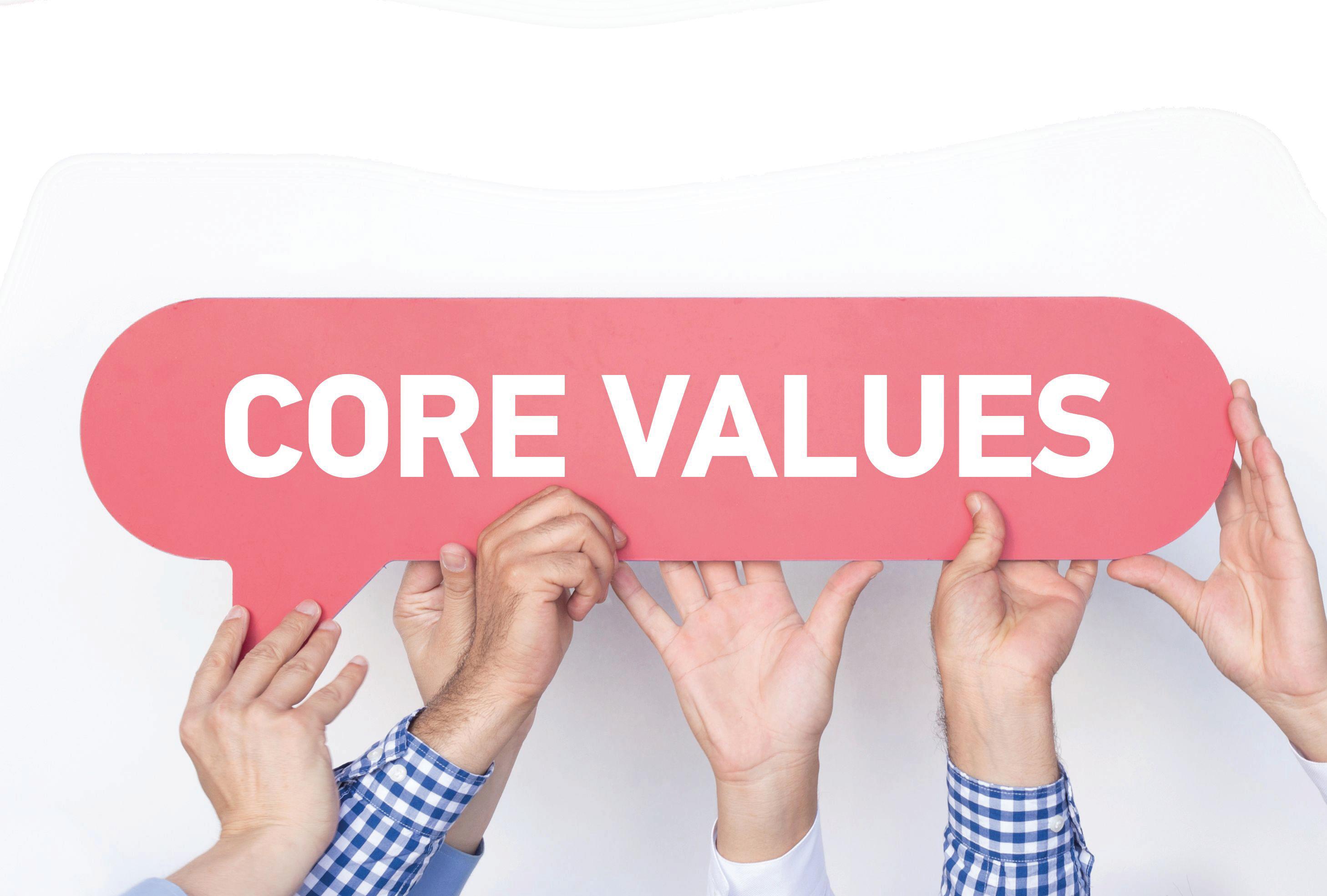
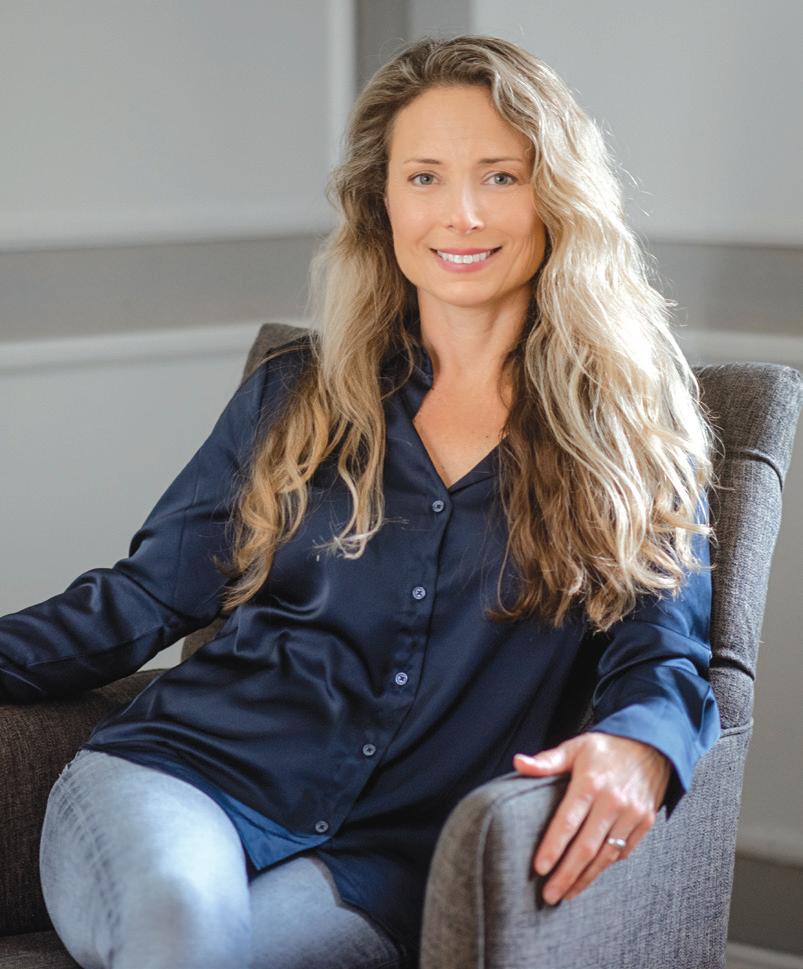
How Dedication, Commitment, and a Sprig of Change Ensured Success and a Healthier Lifestyle for Chef Chris Valdes
By Josie Gulliksen
The barrage of television appearances and photo shoots are part of everyday life for Chris Valdes who is living his lifelong passion of being a chef, one he’s had since he discovered Chef Emeril Lagasse on television.
While Chris has never been comfortable watching himself on television or seeing himself in photos, he reached a peak of uneasiness in late 2021. “It got to the point that I didn’t want to see or look at myself. It was a different type of feeling. It wasn’t right because I didn’t like the person I was seeing and, at that point, I realized I had to make a change,” he said.
From the time he was in grade school, weight issues were a challenge and none of it had to do with bullying. “From thin to heavy to thin again, that was something I had been carrying with me for years. Then, seeing a random post on Instagram spoke to me. It said that making a change required at least a 30-day commitment and, after 30 days, it becomes a habit.” Chris shares.
Shortly after, he began a committed regimen going to CrossFit six times a week and eating healthier. Of course, that didn’t mean depriving himself …. after all, he is a chef.
Chris notes, “I am very dedicated and knew I needed to hold myself accountable for my diet and my exercise routine. When it came to food, I cut down a bit but wasn’t totally strict with myself because there are days when I need my best friend, which is food.” By consulting with a weight loss physician, he found the difficulty in losing weight was because he used comfort, like so many, and it included both happy and sad moments. His doctor then explained, “Well, you need to find a new best friend, and you need to do this for your health.”
Since making that commitment, Chris has lost 40 pounds on what he calls his health journey and something he recommends to everyone looking to make a lifestyle change.
“My advice would be to focus on the journey and not so much the result. I can say that because I failed many times but have finally committed to put in the work and stopped focusing on just losing weight. I wanted to be healthier for me,” he said.
With a healthier routine, Chris now wakes up energetic and, even better, those migraines he used to get three to four times a week have all but disappeared. He feels better, rarely gets sick and looks great. All this plays an important role as Chef Chris needs all that energy having recently taken on the role of Co-host and Judge of Roku Channel’s first-ever Spanish-language original series ¡Que Delicioso! The show is the ultimate celebration of culture and cuisine. In each episode, an internationally acclaimed chef from Latin America introduces one of their signature dishes to the contestants.
A talented chef and actor who has so much charisma, Chris began his journey hosting ”Cooking With Chris”, a show on his own YouTube Channel. That led to being a finalist on “Food Network Star” and “Star Salvation,” which introduced Chris to a national audience. Following his stint on Food Network, he was featured on the cover of several magazines and appeared on various national television shows as well as received the key to the City of Miami for his philanthropic work. Chris is now a frequent guest on “LIVE with Kelly and Ryan,” has also been featured on Food Network’s “Chopped” and “The Sherri Shepherd Show” and is the author of “One With the Kitchen” which is filled with recipes that pay homage to his Cuban heritage. With his new outlook on life and health, the opportunities and possibilities for Chris Valdes are endless.
